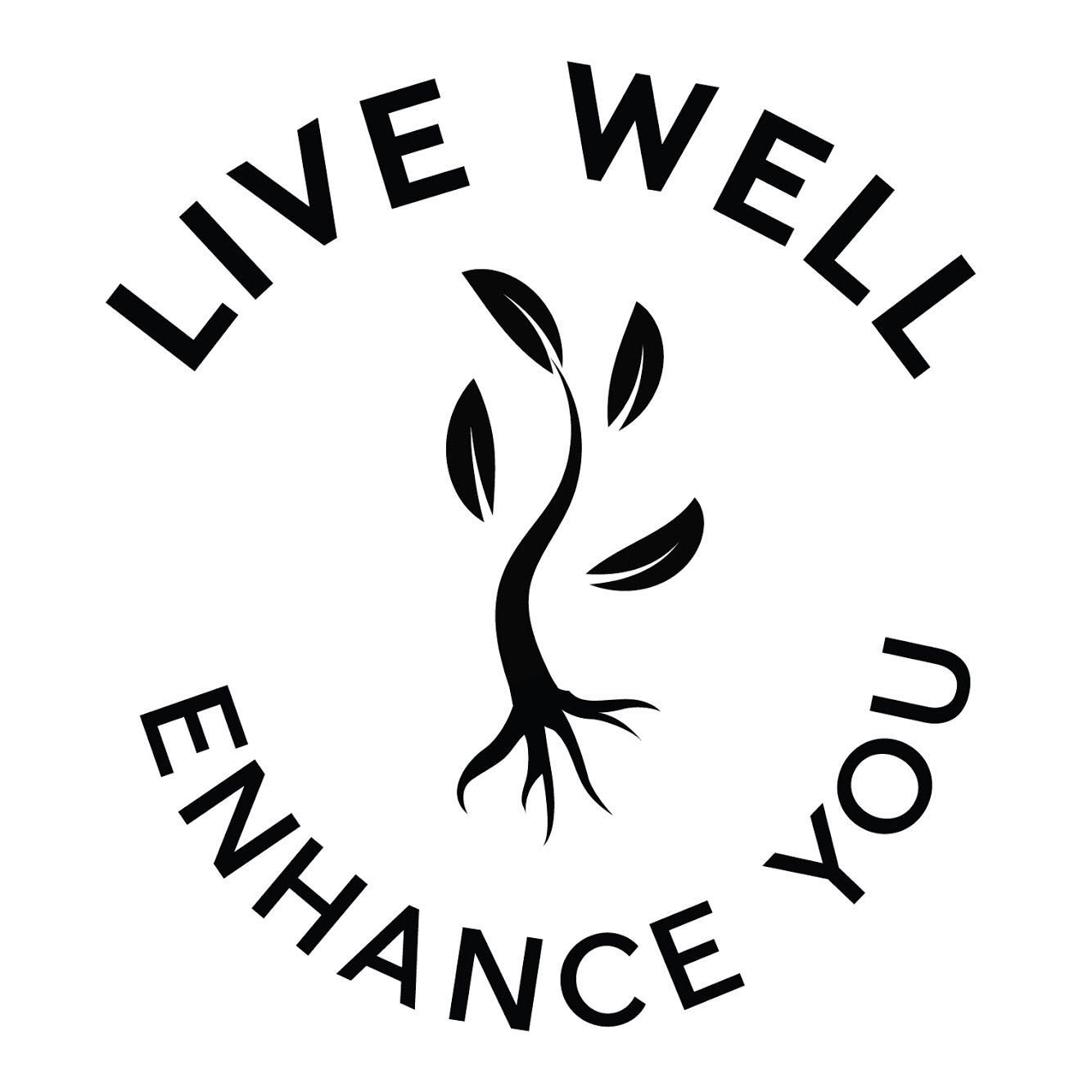5 Easy Ways to Reduce Your Stress
On a scale of 1-10, how stressed have you been over the past week?
If you chose a high number, you’ll be glad to know that April is Stress Awareness Month. Stress has a funny way of making you think everything’s complicated and there’s no way to feel better. But there are easy ways to reduce stress that actually work. Today I’ll share a few with you.
1. Do some breathing exercises
Doing breathing exercises is without a doubt the most simple way to reduce stress. Whenever your mind is swirling with negative emotions, whenever your body feels tense and tight because you’re upset… just breathe.
The key is to breathe with your diaphragm instead of your chest. Chest breathing is shallow and quick, and you’re more likely to breathe this way when you’re stressed. Breathing with your diaphragm is called deep breathing or belly breathing. It’s a slower, stronger type of breathing. Your diaphragm is a muscle that sits below your lungs and helps you breathe. When you purposely breathe using your diaphragm, you become focused on your breathing, creating feelings of relaxation.
The Breath Focus Technique can be done in just ten minutes. Get comfortable in a quiet area and practice alternating between shallow and deep breathing. Then shift to deep breathing only. Place one hand below your belly button so you can feel your body move as you breathe. Think about a calming word or positive affirmation. You could even listen to a motivational podcast or audiobook!
2. Nourish your soul… by nourishing your body
Your body, mind, and soul are closely connected. What you eat and drink has a strong effect on your emotions. That’s why nourishing your soul with healthy food and hydration helps relieve stress.
Sometimes you get into the habit of eating foods that aren’t healthy for you because they’re what you’re familiar with. But it’s good to start noticing how food makes you feel. Are there certain foods that make you unhappy and sluggish after you eat them? Are there certain foods that give you discomfort? Are there certain foods that aren’t good for you depending on the time of day?
Staying hydrated is crucial too. According to the CDC, your body depends on water for many functions, including maintaining a healthy temperature, cushioning your joints, protecting your spinal cord, and eliminating waste. Get your morning started right by drinking a little water after you wake up. Pay close attention to how much water you drink throughout the day, and remember to have water near you often so it’s easy to grab.
3. Take more breaks
I know what it’s like to work all day with no breaks. That’s what I used to do years ago. I was so focused on teaching Pilates classes and doing a million errands, I never gave myself a break. Over time, I felt both my body and mind break down. I was exhausted, stressed, and had chronic headaches. Can you relate?
What turned things around for me was deliberately giving myself 15-minute breaks a few times a day. I’d do fun things such as cooking, movement, journaling, and playing piano. Once I started carving out these little break times, I felt a lot better! So I want you to find ways to take breaks too. Do what makes you happy. Make time for yourself, even if it’s just a little bit.
4. Move your body
Exercise keeps your body physically strong, but it also boosts your mood and makes you feel more energetic. Harvard Health explains: “Exercise reduces levels of the body's stress hormones, such as adrenaline and cortisol. It also stimulates the production of endorphins, chemicals in the brain that are the body's natural painkillers and mood elevators.”
There are so many ways to get moving – why stick to just one? I suggest changing things up so you won’t get bored. There’s biking, running, walking, Pilates, aerial classes… the list goes on and on. Choose your favorite ways to exercise, and remember to make it a regular habit, at least three times a week. (Tip: Planning some exercise time with a friend will give you more motivation to do it.)
5. Develop a nighttime ritual
Getting enough sleep is one of the most effective ways to reduce stress. But if you tend to have trouble falling asleep, you’re missing out on those stress-relieving benefits. Having a relaxing nighttime ritual can help. Try to stay away from screens for one or two hours before bed. Instead, fill that time with things like reading, journaling, meditating, or taking a bath with aromatherapy oils.
Another way to lower your stress is to jump into relaxation mode right after your workday. For example, you could change into comfy clothes as soon as you get home. If you work from home, choose a specific time to disconnect from work and take a shower or do another soothing activity. Whether you work from an office or home, you can reduce work-related stress by creating a clear end to your workday.
Calming down doesn’t have to be hard. Try doing these tips on a regular basis and you’ll see a positive change in your emotions.
